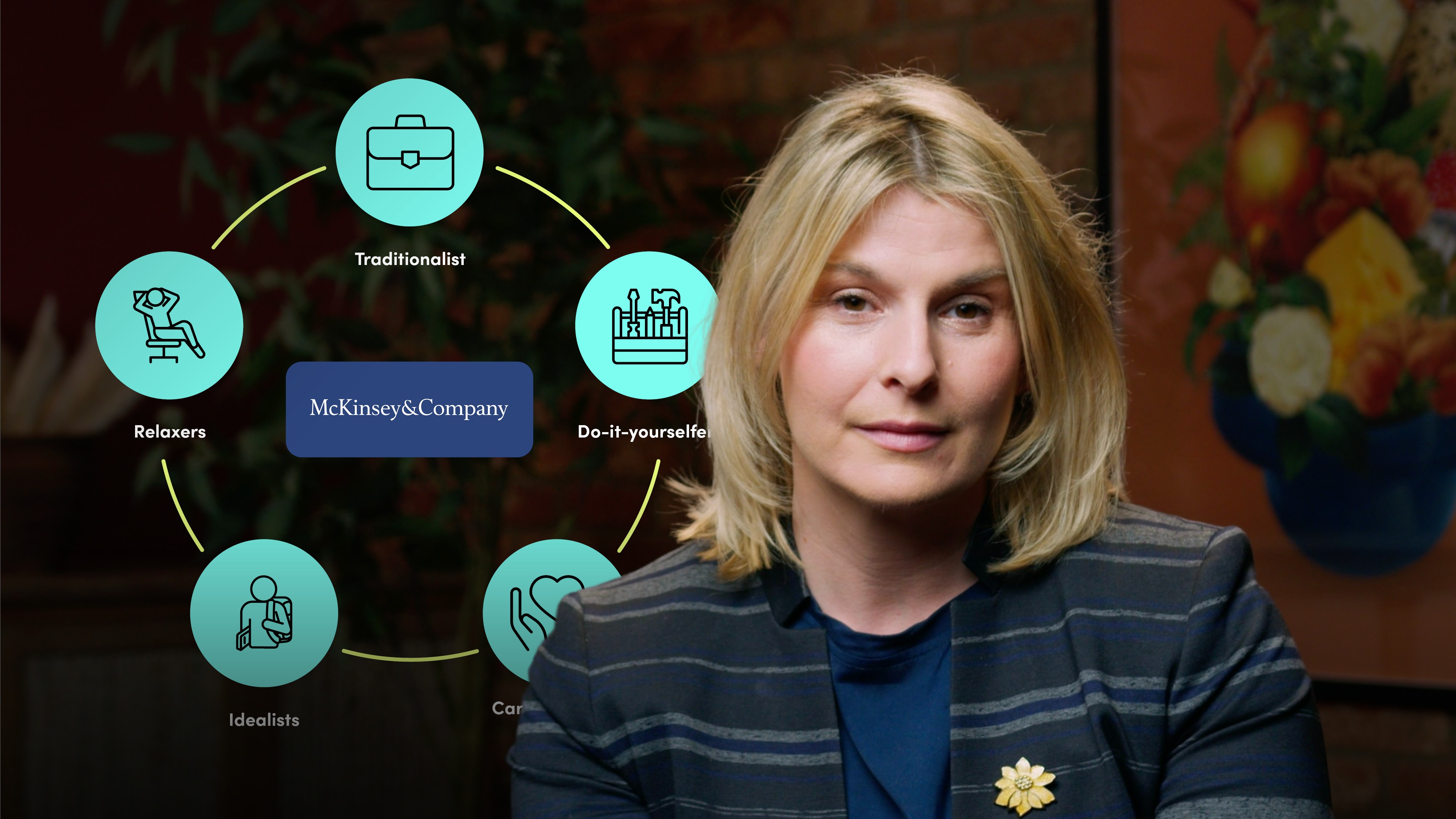
Understanding the Employee Retention Challenge

Amanda Rosewarne
CEO & Co-founder: CPD Standards Office
In this video, Amanda addresses the pressing concern of employee retention, particularly in relation to professional growth. She explores insights from a 2022 McKinsey report that highlights the surge in job resignations post-pandemic. The main driver behind this trend is the lack of career development opportunities. The report introduces five worker personas, offering strategies for organisations to adapt and retain talent effectively.
In this video, Amanda addresses the pressing concern of employee retention, particularly in relation to professional growth. She explores insights from a 2022 McKinsey report that highlights the surge in job resignations post-pandemic. The main driver behind this trend is the lack of career development opportunities. The report introduces five worker personas, offering strategies for organisations to adapt and retain talent effectively.
Subscribe to watch
Access this and all of the content on our platform by signing up for a 7-day free trial.

Understanding the Employee Retention Challenge
7 mins 50 secs
Key learning objectives:
Understanding employee retention challenges
Outline the five worker personas
Identifying reasons for employee attrition
Overview:
In today's work landscape, retaining employees is a vital challenge linked to professional growth. The post-pandemic surge in job transitions, fueled by inadequate career development, highlights the need for fresh approaches. McKinsey identifies five worker personas, each with distinct preferences. To bridge the retention gap, organisations must refine traditional value propositions, diversify talent sourcing, enhance job stickiness through purposeful engagement, and tailor nontraditional offerings. Successful adaptation will create a productive, fulfilled workforce amidst shifting job market dynamics.
Subscribe to watch
Access this and all of the content on our platform by signing up for a 7-day free trial.
- Traditionalists: Prioritize work-life balance and career advancement. Attract by addressing job "stickiness" and offering competitive compensation.
- Do-It-Yourselfers: Seek flexibility, meaningful work, and good pay. Attract by providing freedom, purpose, and competitive compensation.
- Caregivers and Others: Value flexibility, well-being support, and career growth. Attract with flexible options, caregiving support, and enhanced benefits.
- Idealists: Favor flexibility, career development, meaningful work, and community. Attract with flexibility, growth opportunities, and a purpose-driven culture.
- Relaxers: Seek meaningful work over money, often retirees. Attract by offering purposeful work with flexibility.
Organisations should implement four key actions:
- Sharpen Traditional Value Proposition: Focus on titles, career paths, compensation, benefits, leadership, and company reputation.
- Broaden talent sourcing: Tailor strategies for nontraditionalists considering a return to the workforce based on different worker personas.
- Create job "stickiness": Invest in meaning, belonging, and strong team ties to discourage traditionalists from leaving for slightly better pay.
- Develop a nontraditional value proposition: Emphasise flexibility, well-being, culture, and alternative career paths in a personalised manner.
Subscribe to watch
Access this and all of the content on our platform by signing up for a 7-day free trial.

Amanda Rosewarne
There are no available Videos from "Amanda Rosewarne"





























